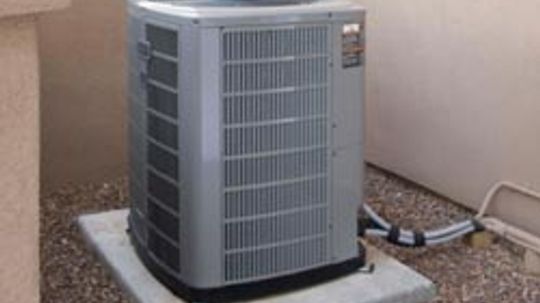As an individual seeking to comprehend the intricacies of heating, ventilation, and air conditioning (HVAC) systems, it is crucial to grasp the fundamental principles that underpin these complex mechanisms. By delving into the core concepts behind HVAC technology, one can gain a comprehensive understanding of how these systems function and their significance in various settings.
An Introduction to HVAC Systems
HVAC systems are integral components in both residential and commercial buildings, responsible for regulating temperature, humidity levels, and air quality. These sophisticated arrangements encompass a range of interconnected elements such as furnaces, heat pumps, air conditioners, ductwork networks, filters, thermostats, and more. Together they work harmoniously to create comfortable indoor environments regardless of external weather conditions.
The Importance of Proper Installation and Maintenance
Ensuring proper installation and regular maintenance is paramount when it comes to HVAC systems. Expert technicians with specialized knowledge should be entrusted with installing these intricate setups accurately while adhering strictly to legal guidelines. Routine inspections by qualified professionals are essential for identifying potential issues early on before they escalate into costly repairs or compromise system efficiency.
Energy Efficiency: A Key Consideration
In today’s environmentally conscious world where energy conservation is highly valued due to its positive impact on both finances and sustainability efforts; energy efficiency has become a critical factor in selecting HVAC systems. Opting for units that meet stringent energy standards not only reduces utility bills but also minimizes carbon footprints significantly.
Achieving Optimal Indoor Air Quality
Beyond temperature regulation alone lies another vital aspect—indoor air quality (IAQ). An effective HVAC system incorporates features designed explicitly for enhancing IAQ by filtering out pollutants, allergens, and other harmful particles. This ensures that occupants breathe clean air, promoting a healthier living or working environment.
Conclusion
In conclusion, comprehending the basics of HVAC systems is essential for anyone seeking to navigate the intricacies of heating and cooling technologies. By recognizing the significance of proper installation, regular maintenance, energy efficiency considerations, and optimal indoor air quality provisions within these systems; individuals can make informed decisions when it comes to selecting and utilizing HVAC solutions in various settings.


